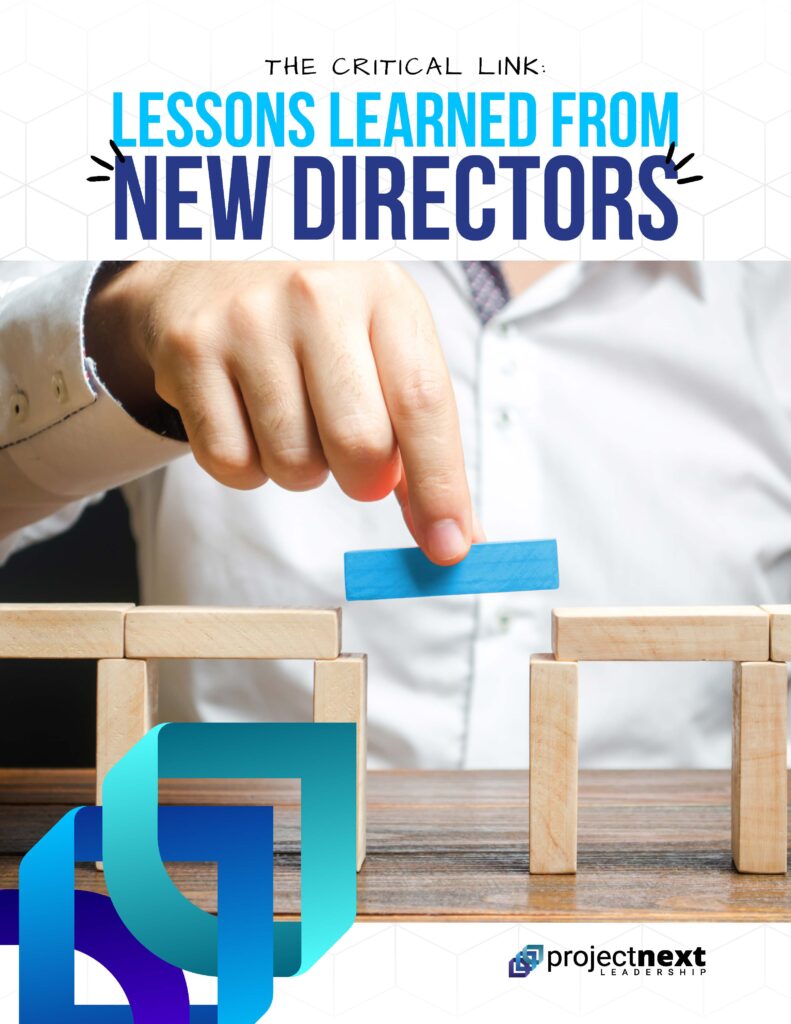I am often asked, “Do women really need separate leadership development programs?” After all, is leadership different between genders, or between people of different ethno-racial identities, for that matter? Doesn’t it separate them and prevent them from learning with the other leaders whom they work with every day? Aren’t you signaling that they need more help than other leaders? Ultimately, so the argument goes, all leaders at any given organization are subject to the same expectations and have similar experiences within the context of their organizations. So why develop these groups separately?
These are fair questions, and ones that are equally applicable to the leadership programs that ProjectNext associates run for senior Black and Latinx leaders as well. It’s true that the capabilities these leaders need to develop are the same as those needed by all leaders in high impact roles, such as leadership decision-making, cross-functional collaboration, and leading change.
So what’s different? The research is clear that the experiences leaders from under-represented groups have in organizations are not the same, and the expectations others have of them (often unconsciously) are different. Development opportunities within a cohort of leaders with similar gender or ethno-racial identities allow participants to discuss and strategize the nuanced ways in which their differences have posed challenges or roadblocks and to strategize on career advancement, useful feedback, role models, and sponsorship. It’s important to structure the programs in a way that addresses these issues both in choosing which topics to cover as well as facilitating a discussion that explores the participants’ lived experiences.
For example, in our 16-week senior women’s leadership program, participants craft their leadership purpose, articulating what they are driven to achieve and what makes them unique as a leader. While this is useful for all leaders, researchers Ely, Ibarra and Kolb have shown that having a strong leadership purpose helps women leaders move out of their comfort zone and helps with the negative backlash that women often experience when negotiating. When they are clear on their purpose, they can negotiate on behalf of others, which researchers find leads to less gender blow-back. Also, while 360 feedback is useful for all leaders to get a clear picture of how they are perceived, for women, it can be especially impactful since research indicates that women tend to get less candid feedback than men. Our senior women clients tell us that the feedback they get from a 360 that is debriefed with an experienced coach is often the most comprehensive feedback they have ever received on their leadership.
Participants in our program for Black and African-American leaders have also expressed the importance (and rarity) of being with other leaders with a shared understanding of their lived experiences. As one of the client sponsors said, “It is impossible to overstate the importance of having the opportunity for these leaders to learn together without having to code switch, cover or explain themselves.”
One of the most frequent comments we hear from participants at the end of these programs is how empowered they feel. They are more assured that they deserve a seat at the table and feel more confident in speaking up. This is achieved through interacting with other strong and capable senior leaders who look and sound more like them, peer coaching from those leaders, hearing others’ stories and working with facilitators who can relate on a personal level.
These unique programs do not take the place of participating in more broad-based leadership programs. This isn’t “instead of,” it’s “in addition to.” Another way some of our clients have addressed this issue is by setting up identity-based small coaching groups as part of their broader leadership program. This enables them to experience a sense of belonging that strengthens their ability to show up more fully and authentically in their larger leadership cohort.
Ultimately it’s just not enough to promote leaders from underserved groups into senior positions. They also need the support and confidence that comes from recognizing their own leadership potential in others they can relate to. We have seen accelerated growth in their own skills and identity as a leader when they learn with others who have had similar challenges, and with whom they can be candid about their fears and concerns. These leaders typically have few role models who have successfully navigated their way to the top of the organization. These focused leadership initiatives can help ensure that more of them will get there.


